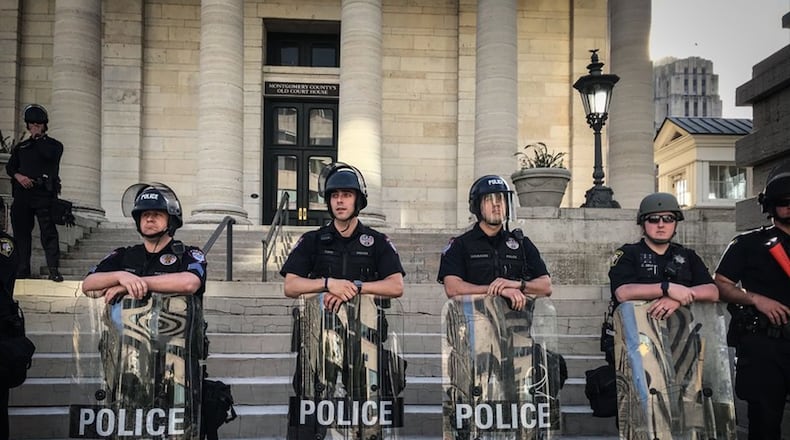Cultural awareness training comes by many names. None is enough to ensure our police officers are culturally competent.
This training is not new, it has been around for at least 25 years and most officers in our country have had it in the academy or while serving.
They are often required to sign attestations with their department, stating that they understand they must perform their duties without bias.
We check off the box and assure the community that our officers are properly equipped. The problem that exists is that awareness programs and attestations do not adequately address the fact many officers have no reference point to truly understand the depth of racism and the effect it has on the relationship between community and police.
If law enforcement efforts toward gaining community trust were measured by the recent backlash toward policing across our nation, it may be reasonable to conclude such training is not as effective as intended.
Trust, transparency, empathy and compassion are all attributes rightly expected to be associated with law enforcement. These attributes are developed through authentic relationships.
As leaders we must be intentional in creating opportunities to nurture relationships between our officers and the communities they serve.
RELATED: Dayton NAACP leaders reveal 8-point proposal to reform criminal justice system
I have the privilege of being the father of an African man and have been eyes wide open over the past several decades as I’ve seen him, and now my grandchildren, be subject to discrimination because of the color of their skin.
I also have the privilege of being the father of a police officer, who, along with his peers across the country, are frustrated by being targeted because of their chosen profession, a profession most chose because of their desire to serve others.
We need police officers; dedicated, courageous men and women who risk their lives every shift to keep our communities safe. However, we must provide them with meaningful, effective tools and training to best support them as they live their calling to protect and serve. As a father with a foot in both worlds, I’ve discovered that authentic relationships provide the bridge that reduces conflict, increases understanding and enables us to fully embrace humanity beyond color or circumstance.
We must think radically as we explore ways to develop a culture that unites police and community. We cannot repackage current practices and sell them as new; no matter how well-intended, I fear our community may view them as either naive or disingenuous.
It is important that our citizens are at the table, driving conversations that shed light on their needs - what will work and what won’t. As we empower our citizens and cultivate meaningful relationships, our officers will be better equipped to serve.
About the Author

